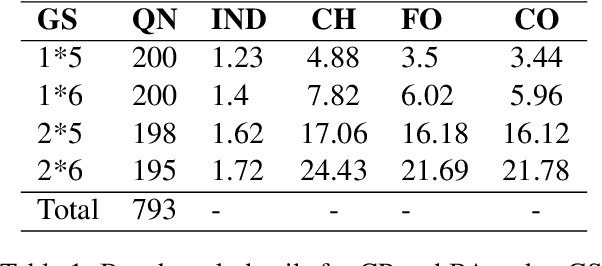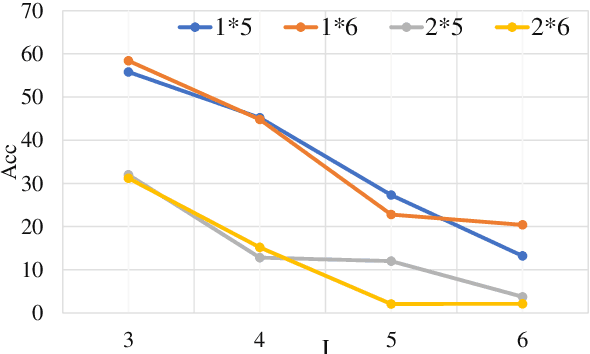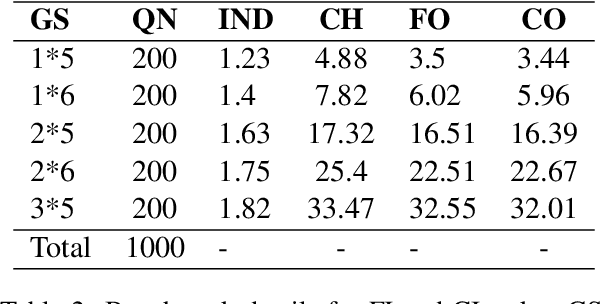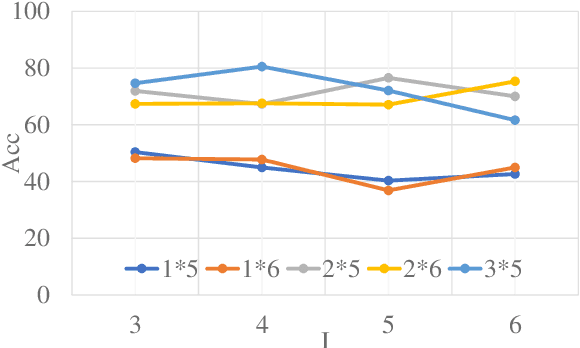Do LLMs Have the Generalization Ability in Conducting Causal Inference?
Paper and Code
Oct 15, 2024



In causal inference, generalization capability refers to the ability to conduct causal inference methods on new data to estimate the causal-effect between unknown phenomenon, which is crucial for expanding the boundaries of knowledge. Studies have evaluated the causal inference capabilities of Large Language Models (LLMs) concerning known phenomena, yet the generalization capabilities of LLMs concerning unseen phenomena remain unexplored. In this paper, we selected four tasks: Causal Path Discovery (CP), Backdoor Adjustment (BA), Factual Inference (FI), and Counterfactual Inference (CI) as representatives of causal inference tasks. To generate evaluation questions about previously unseen phenomena in new data on the four tasks, we propose a benchmark generation framework, which employs randomly generated graphs and node names to formulate questions within hypothetical new causal scenarios. Based on this framework, we compile a benchmark dataset of varying levels of question complexity. We extensively tested the generalization capabilities of five leading LLMs across four tasks. Experiment results reveal that while LLMs exhibit good generalization performance in solving simple CP, FI, and complex CI questions, they encounter difficulties when tackling BA questions and face obvious performance fluctuations as the problem complexity changes. Furthermore, when the names of phenomena incorporate existing terms, even if these names are entirely novel, their generalization performance can still be hindered by interference from familiar terms.
 Add to Chrome
Add to Chrome Add to Firefox
Add to Firefox Add to Edge
Add to Edge